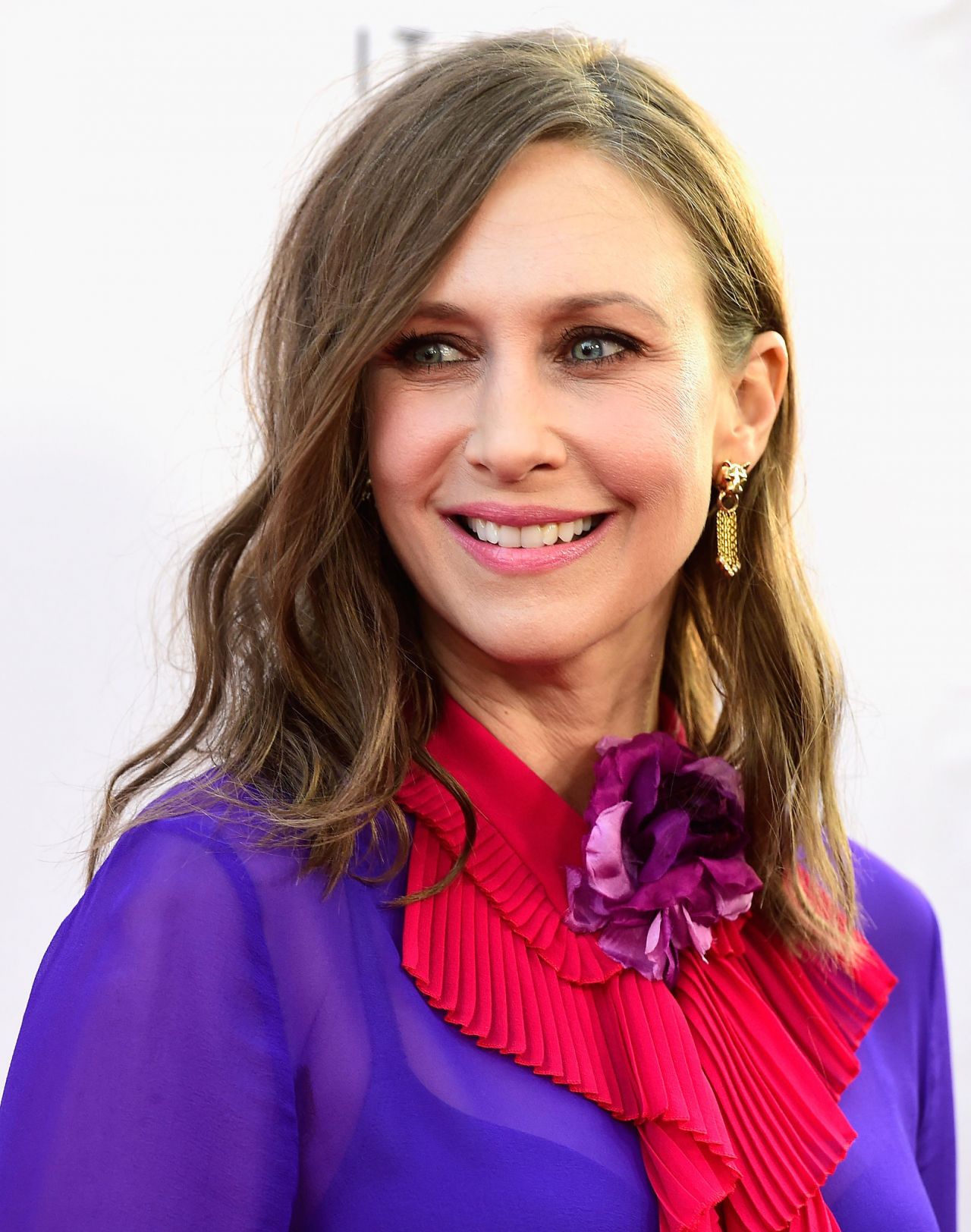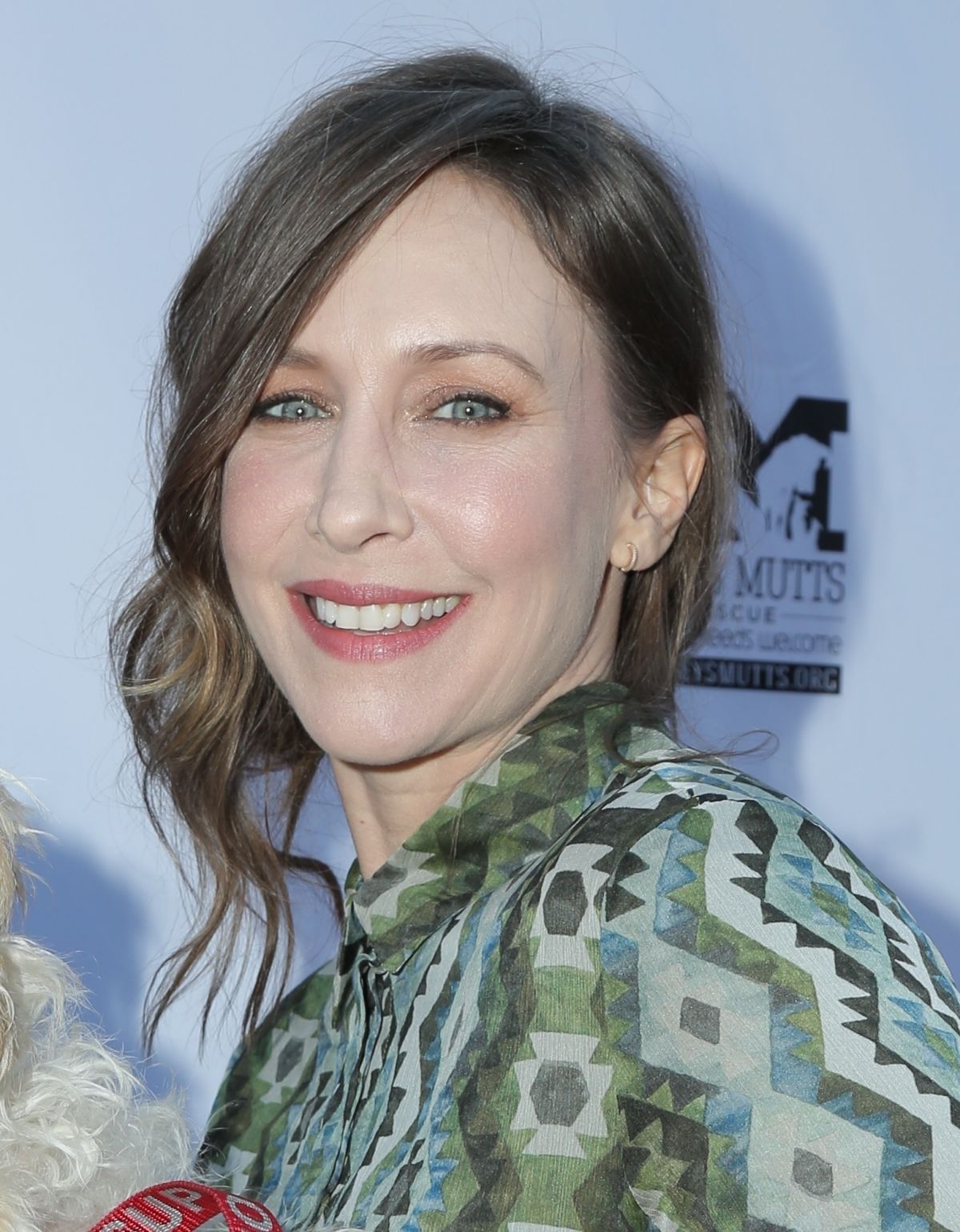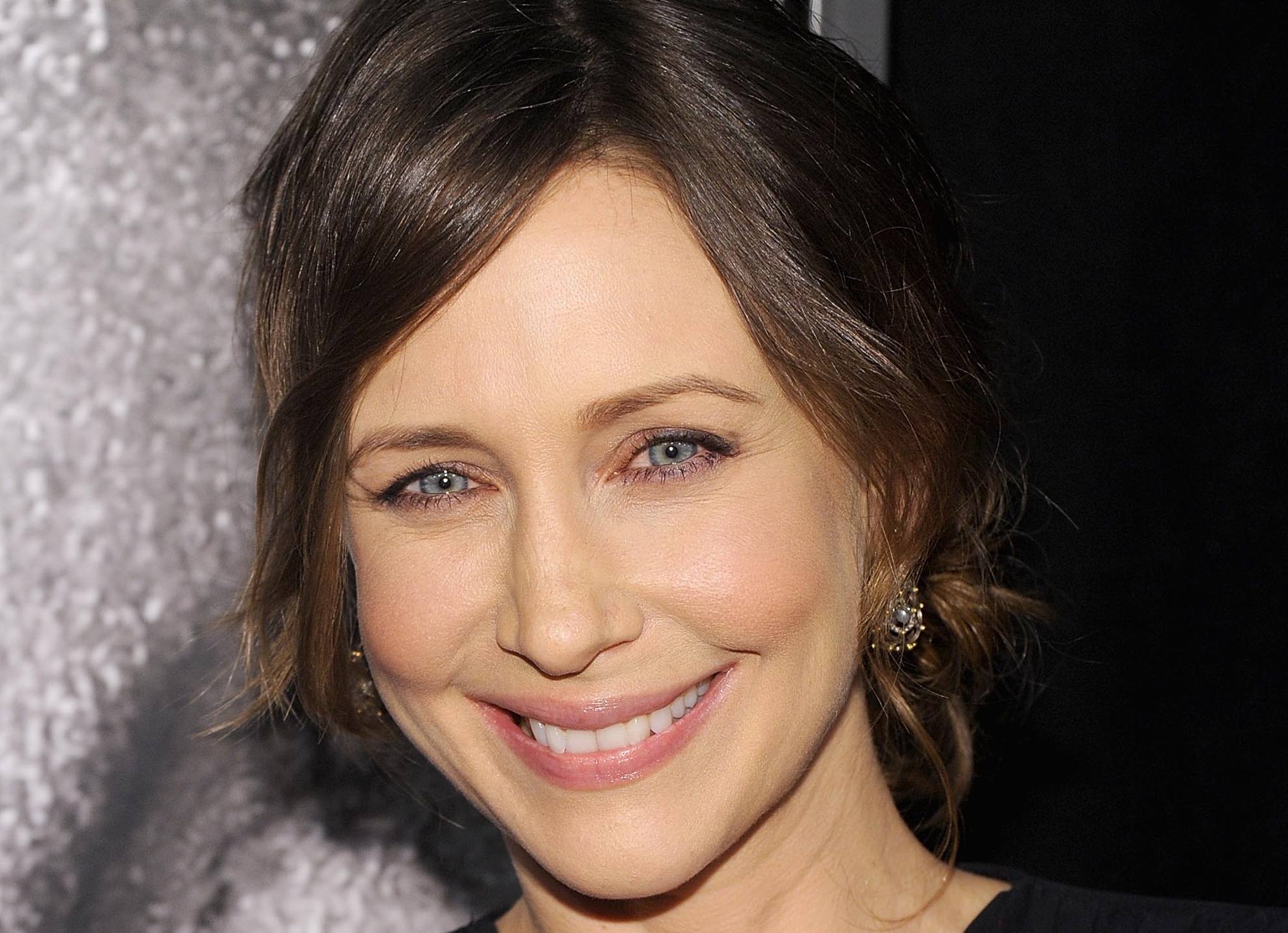Vera Farmiga has established herself as a multifaceted talent in the entertainment industry, captivating audiences not only with her acting prowess but also with her directorial vision. With a remarkable career spanning over two decades, she has made a significant impact on both the big and small screens. As a director, Farmiga brings her unique perspective and profound understanding of storytelling to the forefront, making her a noteworthy figure in contemporary cinema.
Having garnered critical acclaim for her performances in films like "Up in the Air" and "The Conjuring," Vera Farmiga's foray into directing has showcased her ability to translate complex emotions into compelling narratives. Her directorial debut, "Higher Ground," was not just a reflection of her artistic vision, but it also highlighted her commitment to exploring themes that resonate deeply with audiences. Farmiga's talent behind the camera has opened new avenues for her creativity, allowing her to craft stories that are both personal and universal.
In this article, we delve into the life and career of Vera Farmiga, particularly focusing on her journey as a director. From her early beginnings to her current projects, we will explore the milestones that have shaped her career and the impact she has made in the world of film. Join us as we celebrate Vera Farmiga, the director who continues to inspire and challenge the norms of storytelling in cinema.
Read also:Ozzy Lusth The Journey Of A Survivor Legend
What is Vera Farmiga's Biography?
Vera Farmiga was born on August 6, 1973, in Clifton, New Jersey. She was raised in a family of Ukrainian immigrants, which influenced her cultural perspective and artistic sensibilities. She attended the University of the Arts in Philadelphia, where she honed her acting skills and laid the foundation for her future career in entertainment.
| Personal Details | Bio Data |
|---|---|
| Name | Vera Ann Farmiga |
| Date of Birth | August 6, 1973 |
| Place of Birth | Clifton, New Jersey, USA |
| Occupation | Actress, Director, Producer |
| Years Active | 1996 - Present |
| Notable Works | The Conjuring, Up in the Air, Higher Ground |
| Spouse | René Mclean |
How Did Vera Farmiga Transition to Directing?
Vera Farmiga's transition to directing was a natural progression in her career. After years of experience on set as an actress, she felt compelled to tell stories from a different perspective. Her directorial debut, "Higher Ground," released in 2011, was a film that resonated with her deeply, as it dealt with themes of faith, love, and self-discovery. This project allowed her to explore her creative instincts and showcase her ability to shape narratives with emotional depth.
What Themes Does Vera Farmiga Explore as a Director?
In her directorial ventures, Vera Farmiga often delves into themes that reflect the complexities of the human experience. Her films frequently explore:
- Faith and spirituality
- Personal struggles and growth
- Relationships and community
- Identity and self-discovery
These themes are evident in "Higher Ground," where she portrays a woman grappling with her faith, as well as in her other projects, which often highlight the intricacies of life and the choices we make.
What Are Vera Farmiga's Directorial Highlights?
Besides "Higher Ground," Vera Farmiga has directed episodes for acclaimed television series, showcasing her versatility as a filmmaker. Some notable highlights include:
- Higher Ground (2011) - Her debut feature film that received critical acclaim.
- Bates Motel (2013-2017) - Serving as both an actress and director, she brought depth to the character of Norma Bates.
- Upcoming Projects - Vera continues to work on new films and series that promise to captivate audiences.
What Challenges Has Vera Farmiga Faced as a Director?
Vera Farmiga's journey as a director has not been without its challenges. Navigating the film industry as a female director comes with its own set of hurdles, including:
Read also:Preston Superstore Burton Your Ultimate Shopping Destination
- Breaking stereotypes and biases against women in directing roles.
- Securing funding and support for her projects.
- Balancing her responsibilities as a director with her acting career.
Despite these challenges, Farmiga remains determined to create impactful films that resonate with audiences and offer fresh perspectives on timeless themes.
What Can We Expect from Vera Farmiga in the Future?
As Vera Farmiga continues her journey as a director, audiences can anticipate more thought-provoking films that challenge conventions and explore the human condition. Her passion for storytelling and her commitment to authenticity will undoubtedly shape her future projects, making her a director to watch in the coming years.
How Has Vera Farmiga Influenced the Film Industry?
Vera Farmiga's influence extends beyond her films; she has become a role model for aspiring filmmakers, particularly women in the industry. Through her work, she has:
- Opened doors for female directors by proving that women can helm powerful narratives.
- Encouraged diverse storytelling that reflects a variety of perspectives.
- Advocated for authentic representations of complex characters in cinema.
Her dedication to her craft and her willingness to tackle challenging themes have solidified her place as a respected figure in the film industry.
Conclusion: The Legacy of Vera Farmiga as a Director
Vera Farmiga's journey as a director is a testament to her talent, resilience, and commitment to storytelling. As she continues to push boundaries and explore the intricacies of the human experience, her impact on the film industry will undoubtedly endure. Vera Farmiga, the director, is not just shaping narratives; she is inspiring a new generation of filmmakers to tell their stories with authenticity and passion.


